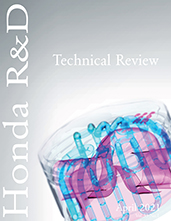Training / Education
Design Considerations for Hydraulically Powered Fly-By-Wire Flight Control Actuation Systems
This four-hour short course will present an overview of hydraulically powered flight control actuation systems used on fly-by-wire aircraft, covering both military and commercial applications. The scope this course covers the issues related to the mechanical design of actuators themselves, as well as their control electronics. Additionally, this course will provide participants an overview of the design considerations behind these flight control actuation systems.





